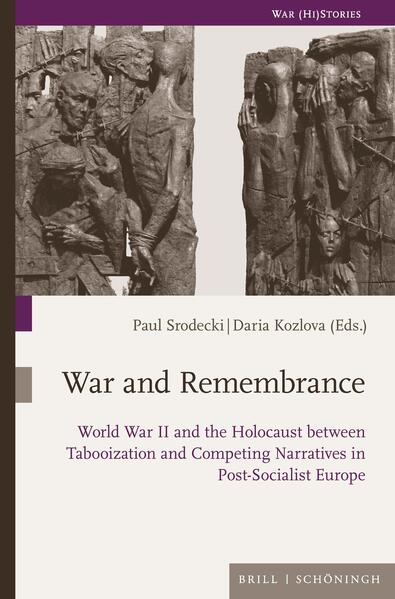
Zustellung: Mo, 14.07. - Mi, 16.07.
Noch nicht erschienen
VersandkostenfreiBestellen & in Filiale abholen:
The outbreak of Word War II in 1939 was a pivotal moment, particularly for East-Central and Eastern Europe. Its aftermath entrenched Europe in opposing ideological blocs, shaping Cold War divisions and fostering divergent war narratives. The collapse of the Eastern Bloc in 1989 and the Soviet Union in 1991 unleashed nationalist reappraisals of history. The narratives of former communist regimes were replaced by perspectives emphasizing national suffering and resistance, often sidelining uncomfortable truths, such as complicity in the Holocaust. Today, memory politics remain contentious, particularly in the context of Russia's war against Ukraine, where competing WWII narratives reflect ongoing struggles over identity and historical interpretation. As a sequel to a previous publication, this second volume, comprising eleven chapters, builds upon and expands the first volume's exploration of WWII and Holocaust-related mnemonic culture and memory politics in post-socialist Europe.
Mehr aus dieser Reihe
Produktdetails
Erscheinungsdatum
14. Juli 2025
Sprache
englisch
Auflage
2025
Seitenanzahl
300
Reihe
War (Hi) Stories, 15
Herausgegeben von
Paul Srodecki, Daria Kozlova
Weitere Beteiligte
Paul Srodecki, Daria Kozlova
Verlag/Hersteller
Produktart
kartoniert
Abbildungen
9 schwarz-weiße Abbildungen
Gewicht
533 g
Größe (L/B/H)
235/155/22 mm
ISBN
9783506797810
Entdecken Sie mehr
Bewertungen
0 Bewertungen
Es wurden noch keine Bewertungen abgegeben. Schreiben Sie die erste Bewertung zu "War and Remembrance II" und helfen Sie damit anderen bei der Kaufentscheidung.












